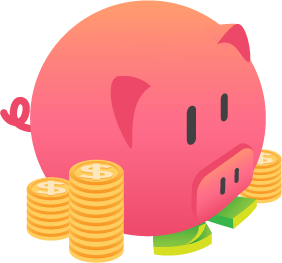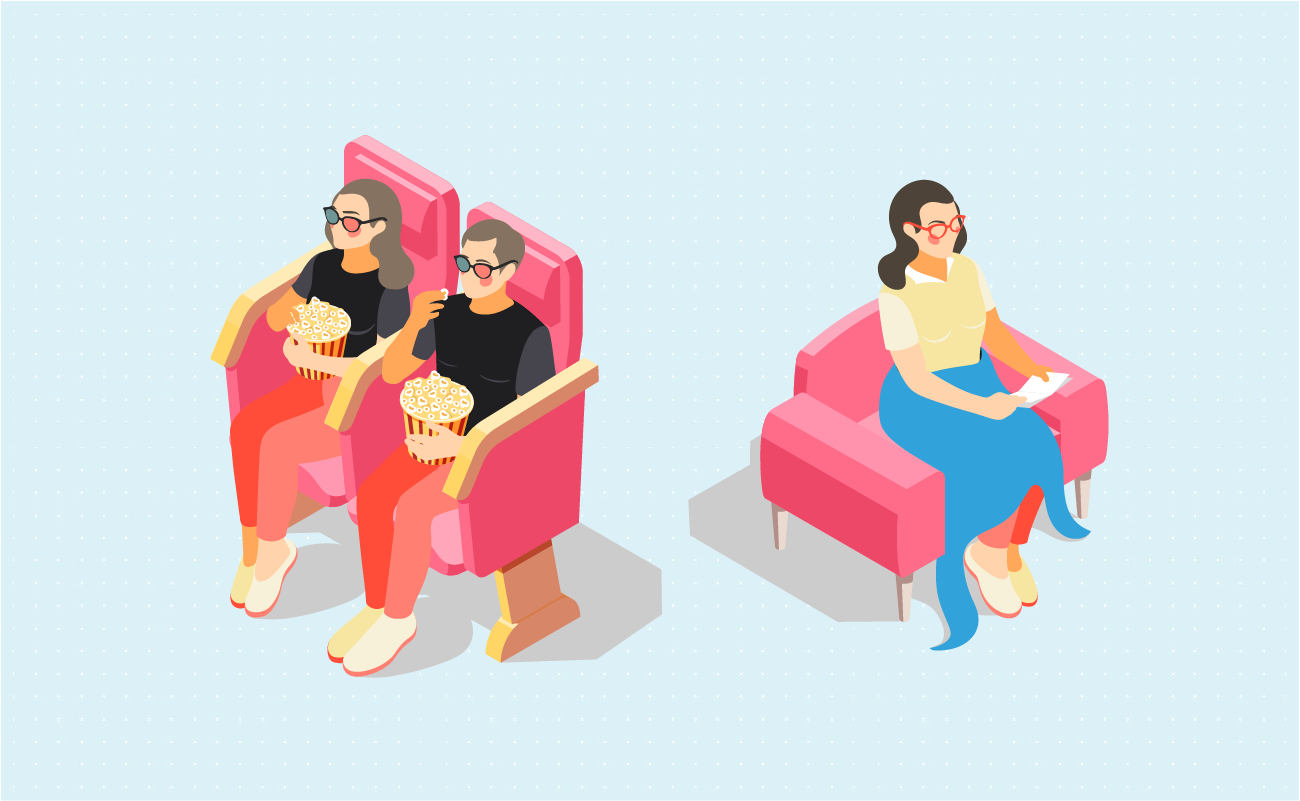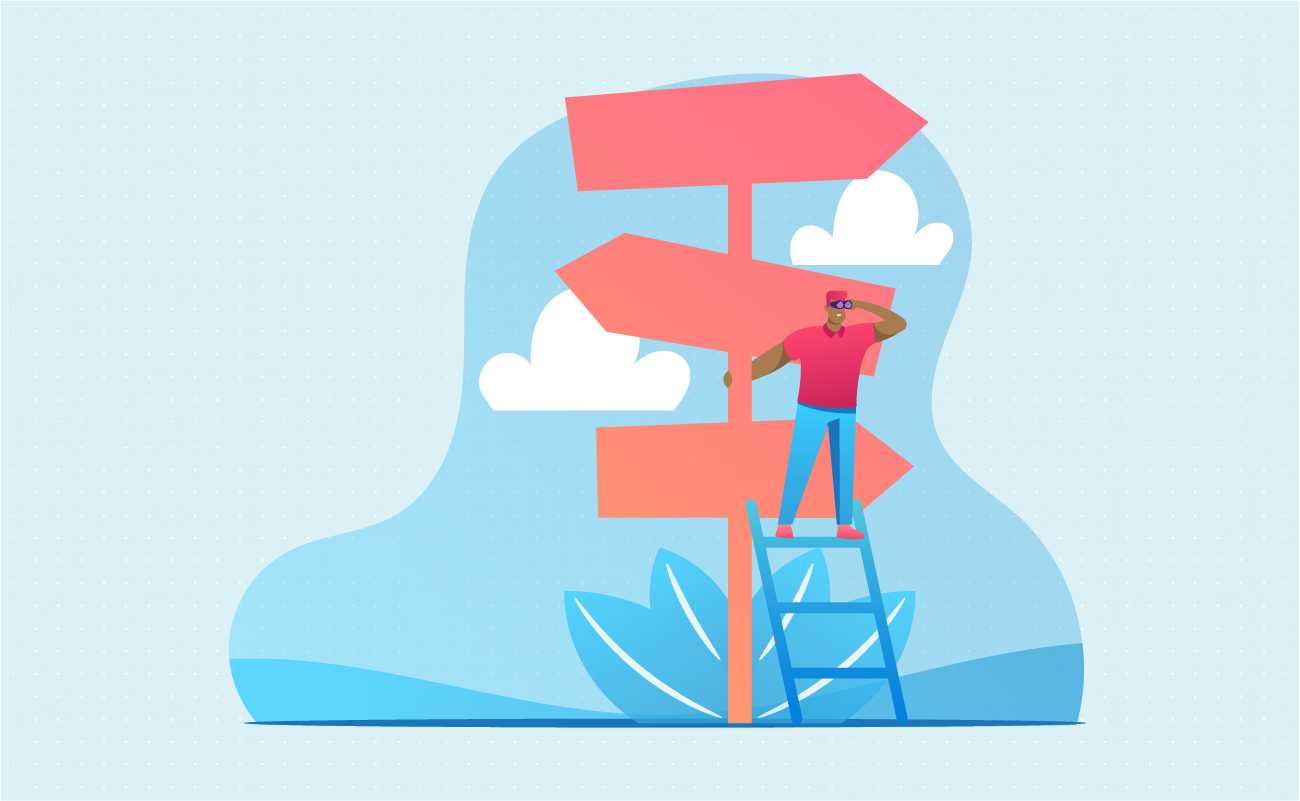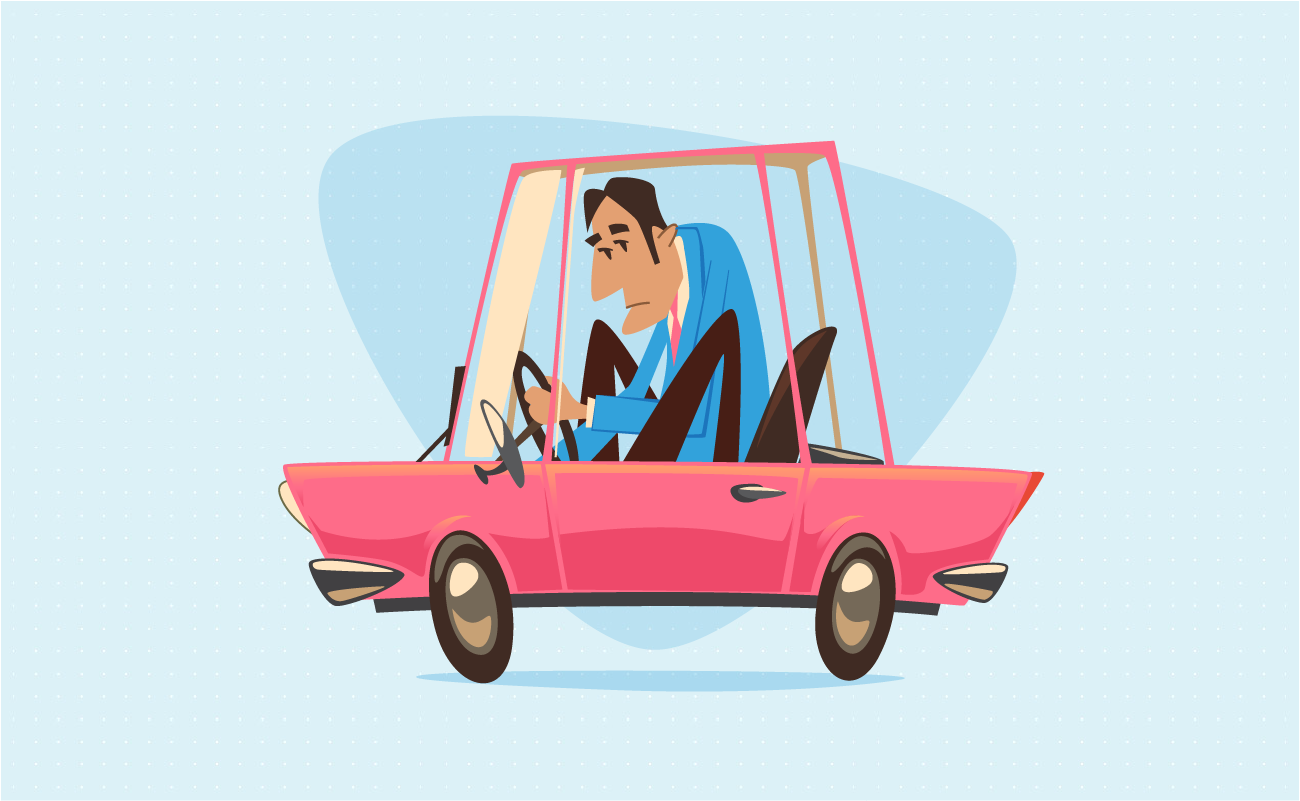 Opportunity Cost Calculator
Opportunity Cost CalculatorWhen you spend money needlessly you not only spend the money but you no longer have the ability to invest the money into interest earning investments or other financial assets. These calculators help you estimate the total cost of non-essential product or services.
Use the tab navigation to select between one-time and recurring periodic expenses.
Guide published by Jose Abuyuan on January 28, 2020

As an old saying goes, you miss 100 percent of the shots you don't make. What you don't always realize is, you do miss out on something whenever you make a shot. This rings true even if you managed to shoot. A shot in a different part of the court could have won you more points. If you shoot much further away, you risk missing the shot altogether. You could offload your risks and pass it to a capable teammate. But what if they miss? In close games, these decisions could mean the fine line between a championship and a loss.
This balance of risks, rewards, and losses applies to economics as it does to sports. This is the reality of the trade-off. You cannot have it all, even if you think you could afford it. To be effective, you need to weigh major decisions based on this principle. Besides measuring what you stand to gain, you must consider your alternatives.
Fortunately, most of the matters on opportunity cost don't hinge on split-second decisions. Use all the time you can. Your financial future may depend on it.
Opportunity cost refers to the trade-off between two decisions. These are the benefits you lose when you choose one option over another. The principle is at play whenever we find ourselves in a state of indecision. What do we stand to gain when we choose one thing over another? Is this choice worth it?
Even something as simple as choosing what to do this weekend can lead us to weigh opportunity costs. You might be tempted to watch a new movie coming out, or you could pick up a new book to add to your library. You might have enough money for one or the other, but rarely both. To decide, you consider your options with care:
These considerations all factor in how much you stand to lose if you watch the movie or read the book. That's time and money you're not getting back. The same principle applies to all major purchases and financial decisions.

The consequences of each decision can be huge. For the movie versus book decision, you might end up watching a lousy movie or read a terrible book. Weekend ruined. Other major decisions like this can have a great impact on your finances.
Opportunity cost is not always a monetary expense. Thus, these are sometimes glossed over when balancing books. A business accountant, for instance, might not think much of a company owning the building it occupies. For them, the business does not have to pay rent and has an asset that grows in value. But they might not consider the profit that comes with leasing in a high traffic area. While the enterprise spends on rent, it also gets revenue from renting their property to a tenant.
In cases like this, a cost-to-benefit analysis could be done to weigh in the benefits of both options. If the risks on one exceed its possible gains, it might not be worth changing the status quo. In our situation, the accountant should only recommend leasing out their original space if it makes sense from a risk perspective. Are there enough customers to justify moving? Are there enough willing tenants to fill in the original space?
To sum it up, is taking a shot worth the costs of missing? Considering opportunity cost can save businesses and individuals a lot of money in losses. They could also make better financial choices and smarter investing decisions.
Measuring opportunity cost is the cornerstone of sound financial decision-making. You need to make intelligent guesses based on what you stand to gain or lose. This is usually (though not always) measured in what you can gain in money. Many other factors determine the right choice in each situation. Like the leasing example above, people sometimes overlook these factors altogether.
Take for instance, your decision on when to buy a house. Each option has many benefits:
| Buy a Home Now | Buy a Home Later | Keep Renting |
|---|---|---|
| You lock down the current price of the home. This keeps you from being priced out of the market. | You have more time to earn for a down payment or pay for the entire house with cash. | Renting is more affordable in the short-term and works well for certain lifestyles. |
| Mortgage payments are tax deductible. | Paying for a house in cash means you don't have to deal with debt or foreclosure. | You don't need to pay for the associated costs of home ownership, such as insurance and property taxes. |
| You make money without any extra effort when your home grows in value. | You hedge against a housing bubble. You may even buy your house for less if you time it right. | You have greater flexibility to choose where you live and work. |
| You put your money to work by paying for the equity of a home. You don't waste your money on rent. | Paying in cash commands a lower price in general. | Renting close to work cuts transport costs. |
Likewise, they have an as assortment of drawbacks, many of which are remedied by the other available options:
| Buy a Home Now | Buy a Home Later | Keep Renting |
|---|---|---|
| You may get saddled with a home worth less than its mortgage during a housing bubble. | It may take more than a lifetime to earn enough money to buy a home outright. | You are at the mercy of your landlord, who could be overbearing or exploitative. |
| It takes time to earn a good enough down payment to buy a house. | You may get priced out of the market during a housing boom. | The exuberant costs of rent might nullify any savings you make with everything else. |
| Buying too soon might not give you enough opportunities to get a good deal on a mortgage. | While waiting, you waste money on rent payments or are stuck in your parents' home. | There's only so much control you have over your apartment. |
| You end up paying more for a home if you can't afford a higher monthly payment. | Good opportunities will pass you by, especially if you're picky with your ideal home. | You waste money on rent. |
The decision to buy a home now or later could hinge on several factors. If your town's economy is booming, you can expect prices, demand, and rents to rise. Buying a home sooner might make sense.
Money is the usual baseline for decisions based on opportunity cost. Opportunity costs could also be what you lose in time, comfort, or personal satisfaction. The decision to keep renting, for instance, may have a lot to do with your lifestyle choices or career. What good is owning your own home if you don't like the suburbs?

The financial choices you make every day come with an opportunity cost. If you do not stop and think, you can end up losing money to reckless purchases and missed opportunities. Taking opportunity costs into consideration can help you avoid these mistakes.
Factoring in opportunity costs involves careful analysis of each of the options available. Examine each decision in detail. What seems like a good option on the surface might be a lot less sound underneath.
This can vary between people. In the home buying example, the final decision would always be a person's ability to afford a house. If your income doesn't have room for mortgage payments, buying a home is out of the question.
The opportunity cost of a poor decision can weigh heavily on your life or financial standing. The amount of money you lose on one thing could've been money spent on other more important things. For many consumers, this frequently takes two forms:
Buying a new car or gadget may have seemed like a good idea at the time, especially when the deal seemed so good. You might be tempted to get one because you fear you might miss out on having a new car. But soon, the heft of what you lost paying for a fancy new thing you don't need might eat at you. And in the age of e-commerce, impulse purchases and their associated guilt are rising. In spite of media digitization, Americans are paying to store more junk in public storage than at any time in the past. Multiple real estate investment trusts track the market's growth & expectations. Extra Space is valued at over $14 billion whle Public Storage is valued at over $39 billion.
But impulsiveness isn't the only source of distress caused by opportunity costs. Many lower-income families feel the pressure of paying for an emergency repair. Something as simple as having the dishwasher fixed becomes a major loss. The reality that the money would've gone on to providing for their needs or savings is not lost to them. In a dire situation, the opportunity costs of an emergency could derail your entire life.

One reason why people overlook opportunity costs is how obscure they can be. People often think they've dodged a bullet based only on what they save up front. Many of them fail to recognize the costs of going cheap.
You might, for instance, be proud of buying a cheap used car. And yes, it might seem like a win on the surface. You saved a lot of money from not buying new. But then your car is a lemon. The amount of time and money you spent fixing the car becomes a source of frustration. And in a few months, it would cost more than the monthly payments you would have spent on a reliable car.
The economist and Nobel laureate Milton Friedman once said that there's no such thing as a free lunch. Everything has a cost, even if it doesn't cost money. Considering the hidden costs of everything, including free things, can be overwhelming. But it doesn't have to be. With good judgment, you can determine which opportunity costs are worth spending.
You can often decide whether the opportunity cost is worth it by comparing it to all the benefits you stand to gain from making that choice. For instance, buying a new car is one such cost. Will your need for a car surpass the gas and mechanic's bills you would have to pay? If the answer is yes, then buying a car is the smartest choice available.
Even the most well-informed people cannot make accurate predictions of the future. Sometimes, curve balls are what they are, and we fail to see the opportunity costs of an event we did not foresee. Too often, we kick ourselves for “wasting money” on paying for a much-needed repair.
Emergency funds and insurance coverage can soften the blow of these emergent problems. You worry less about emergencies because you've had money set aside for this purpose. You might not be able to spend that money on the things you want, but the peace of mind it gives you is more than worth it.
You should also consider re-examining how you make purchasing decisions. There is a vast gulf between the spendthrift and the skinflint. Financial prudence involves making sound spending decisions. Besides ignoring the bandwagon, you also need to rein in the desire to go cheap.
Buy quality whenever the need demands it. If you use a product every day, you'd want something that can last. Other considerations include the amount of time and money you could save. Paying more for a modern refrigerator might seem frivolous on the surface. However, it saves you money on energy and maintenance costs.
As much as possible, strike the balance between comfort and cost. The frugal choice may not be worth the savings if all it does is make you miserable.
Making a cost-to-benefit analysis of everything is an exhausting endeavor. You can only dedicate so much mental energy in a day to make conscientious decisions. To simplify things, you could automate some of your most important regular decisions. You need only to make them once.
Setting and forgetting has its advantages. Automating your bills pays them on time. These systems also set aside a part of your money for bills and savings. This prevents you from making reckless decisions with your take-home pay.
There are many benefits of applying cost-to-benefit analyses in your decisions. Knowing the consequences of each purchasing decision can help you avoid toxic debts. These smarter choices can save you time and money while cutting out frustration. Moreover, a good grasp of opportunity cost can serve you well if you become an entrepreneur. Making prudent financial decisions now will help you make sound business choices in the future.
Jose Abuyuan is a web content writer, fictionist, and digital artist hailing from Las Piñas City. He is a graduate of Communication and Media Studies at San Beda College Alabang, who took his internship in the weekly news magazine the Philippines Graphic. He has authored works professionally for over a decade.